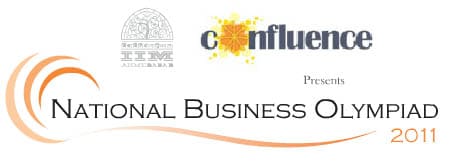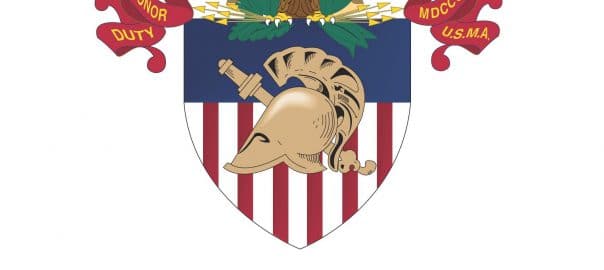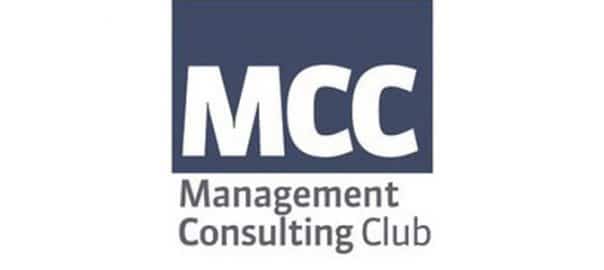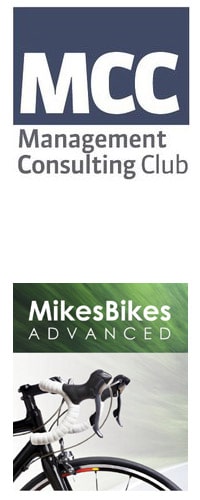Do you want to make the move toward a course based exclusively around MikesBikes-Advanced? You’re not the first, and for good reason.
MikesBikes has been used in a variety of courses and can be customized to suit the specific requirements of your course. However, designing a course which features a simulation as the core component is becoming the most common implementation for Professors and Course Designers. This is experiential learning at its best.
We’ve received great feedback on this approach, with students letting us know that MikesBikes was the highlight of their qualification.
Setting the Stage
MikesBikes-Advanced provides Instructors with a dynamic and realistic learning environment, allowing their students to put theory into practice, and to develop the knowledge and skills they will require to succeed in the corporate world.
Students take on the role of a management team within MikesBikes-Advanced, and for this reason we suggest treating your students as Managers, with instructors being the Shareholders or Board of Directors who they are responsible to. The team environment and role-playing gives students a sense of purpose, as well as developing their skill set to be held responsible for targets and being held accountable to these.
Students will be assigned to manage a functional area in their team; usually:
- CEO: Monitors corporate strategy, facilitating the achievement of the key performance indicator (usually Shareholder Value), and the coordination of the
 management team.
management team.
- Marketing Manager: Responsible for decisions within the Products, Distribution, Branding screens.
- Factory Manager: Responsible for Manufacturing decisions.
- Finance Manager: Responsible for Finance decisions.
- Development Manager: Responsible for Design and Development decisions.
As a team they will be responsible for developing corporate strategy, but each functional manager will be responsible for the decisions falling under their area, and are accountable to the CEO. Team members will be responsible for the following within their own functional area:
- Formulating functional strategy, setting strategic objectives, and monitoring performance within their functional area;
- Annually reporting key information to the CEO and other managers;
- Coordinating with other managers to achieve cross-functional objectives (e.g. a new Development Project will require funding from the Finance Manager).
Course Structure
Single-Player Practice:
The first class will introduce them to the simulation and how the course will run. Students will then practice by using the Single-Player version over the first two to three weeks (for a 10 to 12 week semester) where they will compete individually against a computer opponent, aiming to achieve the highest Shareholder Value in 8 rollovers (decision periods).
Applying for a “Management Position”:
Students will submit their highest Single-Player results, along with a CV/Resume to the Instructor (which could be assessed if you wish), detailing the position they wish to apply for, and the skills/experience they will bring to their team. The Instructor can then form teams and assign positions for the Multi-Player (competitive) version. The teams should be assigned based on an even spread of performance and skills/experience.
Rollovers/Decision Deadlines:
The Multi-Player portion of the course can have anywhere between 6 to 12 rollovers (decision deadlines), depending on the length of your course. One rollover per week is ideal, however this is flexible and can be increased/decreased.
Decision Making:
Managers should be encouraged to formulate the decisions for their area of expertise, and present them to their team for discussion and approval. Once decisions have been finalized, they should be entered ready for the decision deadline.
Once their decisions have been processed at the rollover, each manager will be responsible for using the market and financial reports to track strategy/goals to bring this to their team meeting for discussion. Students are encouraged to meet as often as possible, though this could be virtually, to discuss their decisions and intentions as a team.
Note: Corporate Takeovers can be enabled in courses as the simulation progresses. The students can interact with other teams in their class in the event of a Takeover/Merger.
Board Meetings:
Students can engage in a range of realistic managerial activities, including attending mock “Board Meetings” to provide their Board of Directors or Shareholders with a summary of  their strategy, goals, actual performance, and future direction of the company.
their strategy, goals, actual performance, and future direction of the company.
Board meetings can be held once during the course, or as regular as you wish. These will give Instructors an opportunity to evaluate and assess student performance (as a team and individually), as well as give students an interactive and realistic simulation of a Board Meeting or Performance Review. Students should attend Board Meetings in full business attire.
The “Board Of Directors” will be made up of the Instructor(s), Teaching Assistants, and can also include guests from time to time (e.g. Other faculty members, past students, business professionals etc).
The CEO should open the meeting by introducing their team and issuing agendas, and also giving a short summary of performance and strategy changes in the recent weeks.
Each Functional Manager will then report on their area for the recent trading years, as well as outline their future plans.
We encourage Instructors to assist students in their decision making as they see fit, while keeping the “Board Meeting” role-play as realistic as possible. Students may request equity injections, or present Corporate Takeover plans to their Instructors in this forum also.
A percentage of student’s final grades can be allocated to performance in Board Meetings.
Corporate Presentations:
Teams are required to present a full Corporate Presentation on their company at the end of the course (usually in front of the class), which details their structure, experiences, high and low points and of course their strategy. This is an excellent reflection exercise, and an interesting end to the course as other Management Teams view the inner workings of their competitors.
Managers in each team should present a summary of their functional area, with their strengths, weaknesses and lessons learned included. A Q&A session will conclude each presentation to give the other companies an opportunity to enquire and critique each other.
A percentage of student’s final grades can be allocated to performance in Corporate Presentations.
Final Team Rankings;
Teams should be ranked at the end of the simulation on Shareholder Value, which represents the wealth obtained by a shareholder in the firm. This is our recommended performance indicator.
Bonus marks can be offered to the top performing teams as an incentive for hard work, which has been found to be very effective in improving performance and determination in courses running a similar structure.
Guest Speakers:
To add an interesting twist for the students, Instructors are encouraged to arrange a series of guest speakers to appear throughout the course.
Speakers can be from any industry or field, and we encourage inviting speakers from differing roles to give the students a broad insight into the functional areas of business.
How do I get started?
The Smartsims Team can assist you in fitting your Course around the MikesBikes-Advanced software from Start to Finish.
Get in touch with us sales@smartsims.com to take the next step toward an exciting and value-added course.
– By Ian McPherson, and credit to Dr. Darl Kolb for his contribution towards the above structure.







 competitions in the aim of developing member’s presentation, analysis, time management, event management and leadership skills, as well as providing invaluable networking opportunities.
competitions in the aim of developing member’s presentation, analysis, time management, event management and leadership skills, as well as providing invaluable networking opportunities.
 management team.
management team. their strategy, goals, actual performance, and future direction of the company.
their strategy, goals, actual performance, and future direction of the company.
